Trump’s America is doing better than it seems
The other week I was trying to elicit some interest in politics from a dozen country schoolkids. Eventually, I managed to coax a single question out of them. It wasn’t the standard query of teenagers forced to think beyond their usual interests. There were no teacher-pleasing accusations on climate change, boat people, same-sex marriage or so-called cuts to higher education. Eventually the question came: ‘What do you think of Donald Trump?’ It was a striking reminder of people’s fascination with the US president, especially this one. We can’t vote for him and may not like him but we sense that, for better or worse, there’s no one individual with more immediate impact on our world.
Still, it’s not easy to give a clear answer to the Trump question, even after spending a week in New York and Washington wrestling with it; because Americans are, if anything, even more bemused, bewildered and occasionally invigorated by their president than we are. The closer you get to the Trump White House, the more an unpredictable combination of sound instincts with indulgent outbursts it seems. One thing we can be sure of, though. It’s in everyone’s interest for this incumbent to succeed because for the next three years there is no alternative. For America to be strong, the President needs to be effective. America sometimes gets it wrong; but even a mistaken United States is normally better than a disengaged one. On Trump’s record so far, even some of the people who most want this presidency to succeed are hesitant to conclude that it will.
The upside: He’s pulled out of the Paris climate change treaty because it was bad for American jobs but didn’t materially improve the environment. Trump is trying to make North Korea China’s problem, not America’s, because China’s economic stranglehold makes it the only country that can readily make a difference without war. He’s repealed a slew of Obama-era executive orders (mostly on the environment) that were holding back American business. He’s made some impressive appointments, especially to the latest Supreme Court, and his cabinet is highly capable while not top heavy with Washington insiders. He bombed Syria, rather than procrastinate when the Assad regime crossed a red line. He doesn’t pretend that the Iranians can be trusted. He’s started to build the wall with Mexico and make legitimate border crossers pay for it. He’s determined to boost the strength of the armed forces. Importantly, his proposed tax cuts should fire up the economy, even though there’s a further hit to the budget bottom line. US economic growth is now up over 3 per cent with unemployment nudging down to 4 per cent.
The downside: He’s still compulsively tweeting, often in ways that alienate the people he might have to work with. For instance, right after last week’s New York terrorist attack, he was blaming it on the Senator whose law had allowed the perpetrator to enter the country.
Trump’s America is riven between ‘outsiders’ who think he’s right on the big things despite the crassness; and ‘insiders’ who think he’s an embarrassment at best and a menace at worst. His biggest problem is that so many people are willing him to fail. He gained the Republican nomination by defeating the centre-right establishment. He won the presidency by smashing the centre-left establishment. Against the predictions of almost the entire political class, he won; and not all of those he surprised have had the magnanimity to admit their mistake. Some, deep down, might even prefer to have their judgment retrospectively vindicated than allow a hated president to do some good.
Americans’ inherent respect for the office of the president, regardless of political differences, seems much eroded. Partly, that’s the decline of respect for institutions generally. Partly, it’s the way Trump campaigned for the top job. And partly, it’s his personal history. It’s the people who might otherwise be inclined to give him the benefit of the doubt and to concede that perhaps he might be growing in the job who are most put off by the intemperate tweets. On the other hand, so far, those who backed him seem to take combative social media as proof he’s not drowning in the swamp he promised to drain.
Contrary to dire predictions, Trump hasn’t started a shooting war or a trade one, although it’s a pity that the Trans Pacific Partnership is dead for now. There are no punitive tariffs on China. There has been no pre-emptive strike on North Korea. Both his diplomacy and his more assertive military posture seem to be working against Middle Eastern jihadis. Perhaps this is the restraining influence of the retired combat generals who are now his closest official advisers. Or perhaps he was always a shrewder man than the critics would allow.
Australia’s role, as always, is to uphold our national interests and our values while being the closest possible US ally. After all, our values coincide and our interests rarely diverge. Australia is almost as invested as the US in seeing North Korea de-nuclearised and in guaranteeing freedom of navigation in the South China Sea. Like us, America has gained from the rise of China and hopes to spur further liberalisation through expanded contact at every level.
In wanting the allies to do more, Donald Trump is merely echoing his predecessor. It was President Barack Obama who said that America shouldn’t have to be the world’s policeman on its own. In response, as prime minister, I said that it shouldn’t need to be. Australia may not be America’s most powerful ally or its most important one; but we would strive to be its most dependable one. Knowing that they can rely on us helps to ensure that Australian views are taken seriously by the Trump administration, no less than by its predecessors.
Got something to add? Join the discussion and comment below.
Get 10 issues for just $10
Subscribe to The Spectator Australia today for the next 10 magazine issues, plus full online access, for just $10.
You might disagree with half of it, but you’ll enjoy reading all of it. Try your first month for free, then just $2 a week for the remainder of your first year.

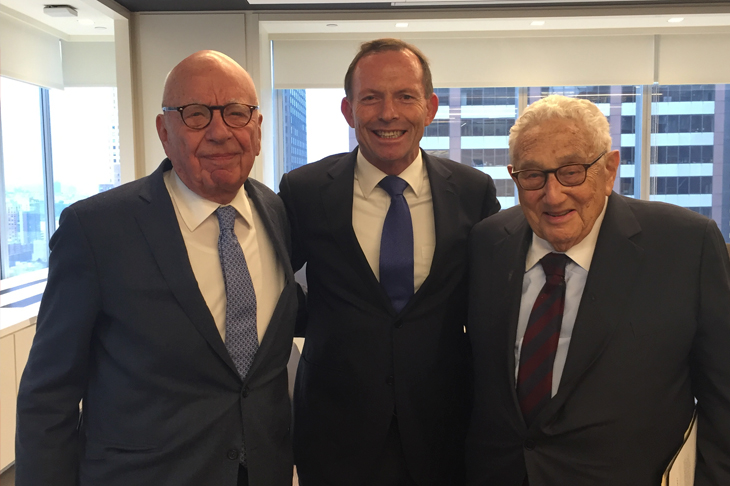

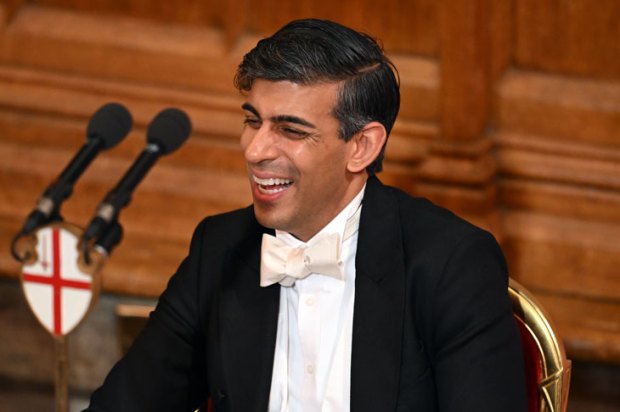
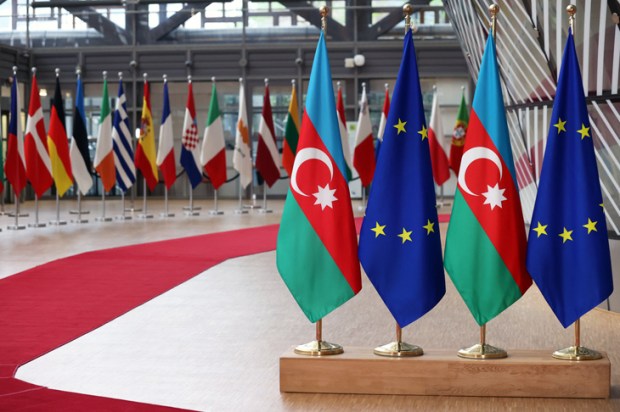

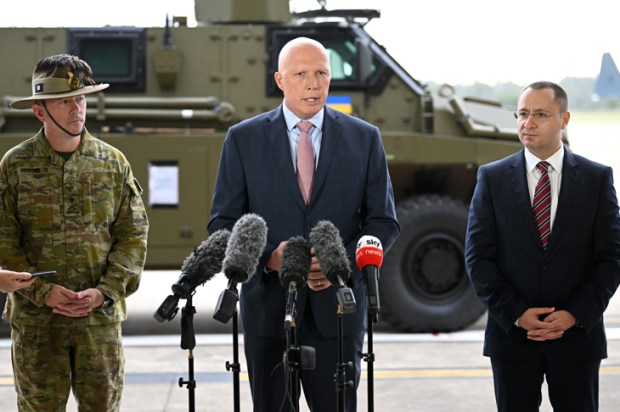
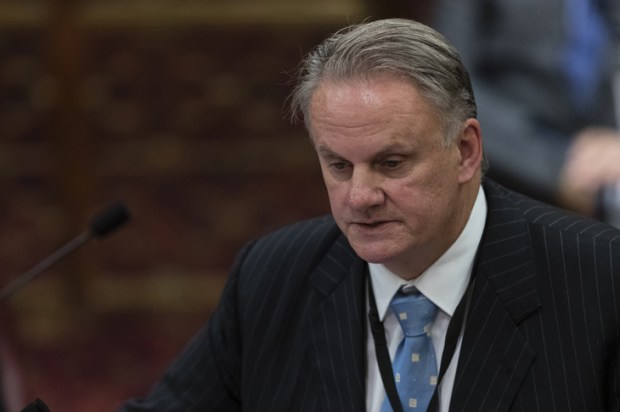






Comments
Don't miss out
Join the conversation with other Spectator Australia readers. Subscribe to leave a comment.
SUBSCRIBEAlready a subscriber? Log in